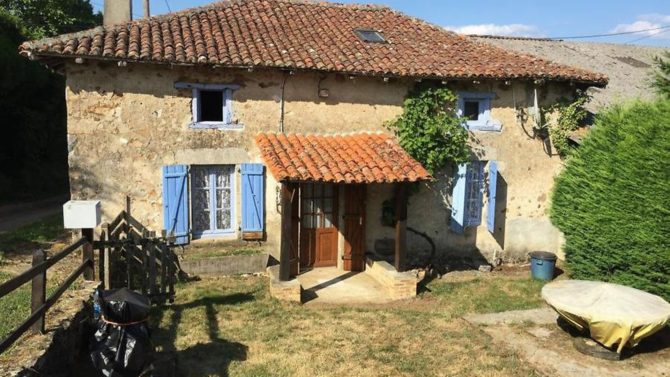Using an architect


Do you need an architect for a renovation or building project in France?
Do I have to use an architect for my project?
Yes, if the size of your project (the net habitable floor area, called surface de plancher) is over 150m². You must use an architect qualified and registered to work in France architect to prepare and submit a planning application. This could be a renovation, new-build or extension.
My project’s smaller, any reason to still use an architect?
An architect should be able to see the full potential of your project and will often be able to suggest improvements to your ideas, as well as the most cost-effective solutions, which will help to offset their cost. They will provide professional plans and can liaise with planning departments (if required) and other artisans or sub-contracters. Architects often project-manage renovations for absent owners, for example, British owners of French holiday homes.
So I only need the architect up to the planning permission stage?
Correct but, depending on the complexity of your project, you may want to retain their services to produce drawings for all the architectural, structural, civil engineering, electrical and plumbing work. As a minimum, they could provide floor, site and elevation plans. It really depends on your project, your own abilities and the other people you have working with you.
How do I find an architect?
Architects in France are regulated and need an appropriate qualification to belong to the Ordre des Architectes – you can search for one in your area at architectes.org. Of course, word-of-mouth recommendations are always a good way to find any artisan, so ask around. A local architect will be familiar with local building styles and materials and should already have a relationship with the planning department. If possible, contact more than one architect; discuss your plans with them and get their opinion. It’s important that you feel you’re on the same wavelength as your architect, and that they understand your aims and will do their best to achieve them.
________________________________________________________________
Don’t miss
Things to consider before buying a renovation project
How to find a good builder in France
________________________________________________________________
Can I use a British or English-speaking architect?
In areas with many British property owners, there may well be a local English-speaking architect, and there are also British architects who are registered to work in France. However, you can’t just bring your local UK architect over to France if your project is over 150m2. If it’s under that, then there’s no reason you can’t use a British-based architect, but make sure they are knowledgeable about French building practices and materials.
My property is in a conservation area, do I need an architect?
For listed or protected buildings and those within a conservation area, you will need to work with the Architecte des Bâtiments de France department. Their role is to protect France’s architectural heritage, similar to listed buildings in the UK.
What’s the difference between an architect and a ‘maitre d’oeuvre’?
A ‘maitre d’oeuvre’ is best translated as a project manager. They can manage your building or renovation project, organise and liaise with other artisans such as builders, electricians and plumbers, purchase materials, manage the budget and so on. They can also submit plans and liaise with the planning department for projects under 150m2. However, as they’re not regulated, you need to do your due diligence when you employ them.
Any other options?
Some general builders also offer a project-managing service; as with the ‘maitre d’oeuvre’, do your homework if you choose this option. If you’re having a new house built, some companies offer a ‘turn-key’ service, taking care of planning consent too. This will generally involve standard designs; for anything more imaginative or unique, you will need an architect.
Share to: Facebook Twitter LinkedIn Email
More in Renovating in France


